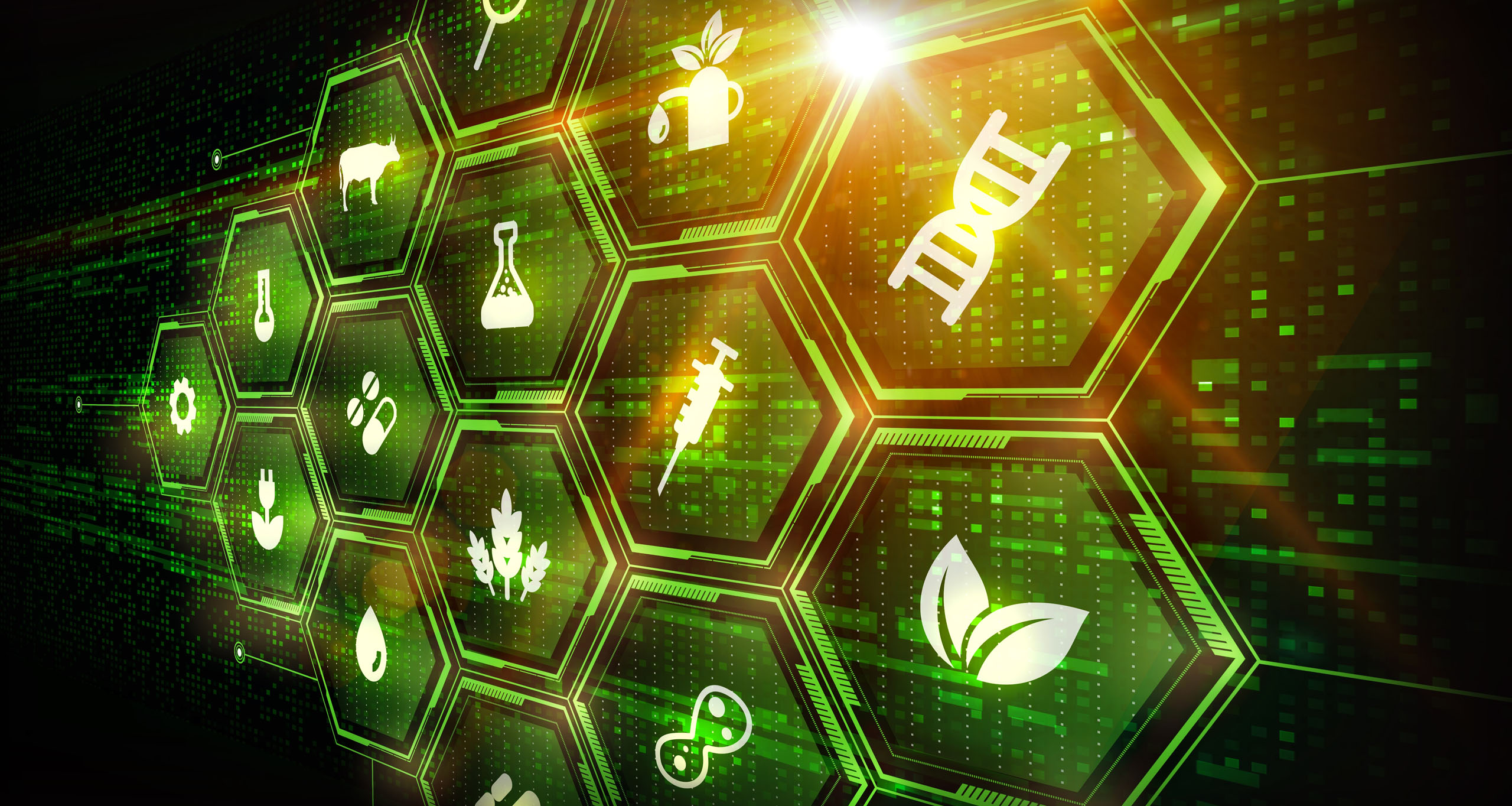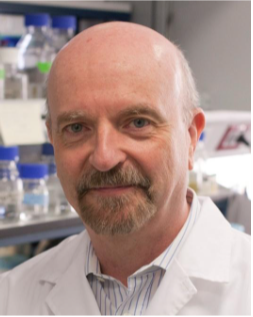Description
Course Flyer
Synthetic Biology is about looking at biological systems through the lens and formalisms of engineering. This results in a phenomenal tool to gain fundamental insights into the functions and molecular basis of biological phenomena as well as in a suite of technologies for programming biological objects at user’s will, from cells to new materials. The course will address such a double-sided ability of SynBio (for understanding and for doing) along with its potential not only to transform the health & Agricultural sectors but also moving the current oil-based industry into a sustainable bio-based economy. The Course (quite centred but not limited to microbial SynBio) will include the following blocks:
1. The roots of Synthetic Biology:
SynBio vs Genetic engineering, The 3 foundational papers of the field, The jargon of SynBio: Parts, devices, systems, modules, chassis, orthogonality, retroactivity.
2. The gene expression flow and its synthetic variants:
Alternative genetic codes. Metrology, standards and standardisation, PoPS and RIPS, Automated DNA assembly and foundries.
3. Genetic circuits, logic gates and logic networks:
The CELLO system, Genome engineering, Plasmid and transposon vectors, Assembly standards, MAGE and its variants, Triplet recoding and whole genome Synthesis.
4. Genome editing:
CRISPR tools, base editors, Gene therapies. Metabolic engineering, CAD of new pathways and multi-objective optimisation. Biosensors & Therapeutic strains.
5. Merging rational engineering with evolution:
Heterotic computing, genetic sampling of solution spaces. Leveraging intracellular architecture, Socio-economic ramifications, SynBio and SDGs. Scaling-up and Bio manufacturing, Biomaterials & Engineered living materials (ELM).
6. Biosafety, biosecurity & IP:
Genetic firewalls, containment. Barcoding & watermarking genomes. Global SynBio-based environmental interventions. Programming HGT. The 10 top challenges. CO2 capture, Galenics, scaling-up. Gene drives.
7. Microbiome engineering:
Metabolic division of labour, 3D design of microbial partnerships, Biofilm engineering, Medical and environmental probiotics, Thinking big: bionic architecture, Earth Terraforming, Towards a new partnership with Nature, SynBio-based art and architecture, The Program will be complemented with a daily journal Club and presentations of students’ projects.
Mode Of Workshop : OFFLINE ( In – Person)



Reviews
There are no reviews yet.